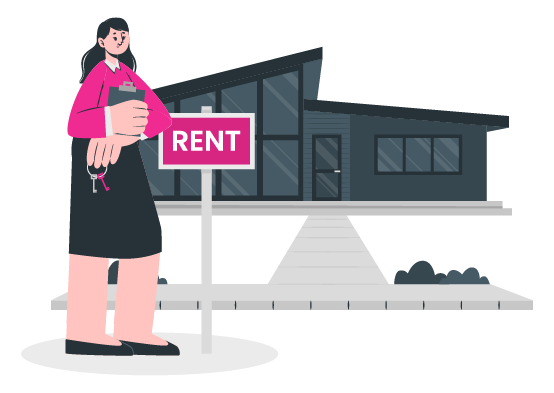If you’re dreaming of settling down in Ireland, you’re not alone. Many expat families are drawn to Ireland’s welcoming culture, world-class education, and vibrant towns and cities. But knowing how to buy property in Ireland as an expat family can seem like a maze of legal steps and local customs. Whether you’re moving from the UK, US, Europe, or further afield, this guide will help you navigate the process with confidence and clarity.
Why Expat Families Are Choosing Ireland
Ireland is increasingly becoming a top choice for expat families looking for a better quality of life. With its excellent healthcare system, high safety standards, and a strong sense of community, it’s no wonder more families are relocating here each year. The property market offers a wide range of options from charming countryside cottages to modern urban homes making it easier to find something that fits your lifestyle and budget.
Step 1: Understand Your Rights as a Non-Resident Buyer
One of the first things you’ll be pleased to know is that foreign nationals can buy property in Ireland with no restrictions. Whether you’re an EU or non-EU citizen, the door is open. However, owning property doesn’t automatically grant residency rights. It’s important to speak with an immigration advisor if you plan to live in Ireland long-term.
As an expat family, you’ll also need to consider school catchment areas and transport links when choosing your location. Areas like Dublin, Cork, Galway, and Limerick offer a good mix of international schools and family-friendly amenities.
Step 2: Get Your Finances in Order
If you’re not paying with cash, you’ll need a mortgage and getting approved as a non-resident can take time. Most Irish banks will require:
- A minimum 30% deposit
- Proof of income (payslips, tax returns)
- A clean credit history
- Irish bank account (recommended)
Keep in mind, mortgage terms may vary depending on your country of origin and employment status. If you’re self-employed, banks may ask for more documentation. It’s wise to speak with an Irish mortgage broker who can help you compare options tailored for expats.
Top Tip: Consider getting pre-approval before house hunting. It shows sellers you’re serious and speeds up the process when you find your dream home.
Step 3: Start the Property Search
Now for the exciting part house hunting! Use Irish property platforms like FindQo.ie to explore available listings. You can filter by location, property type, price range, and features like gardens or home offices.
If you’re unfamiliar with local areas, consider booking a short-term rental and spending a few weeks in your preferred city or town. This helps you get a real feel for daily life, school runs, commute times, and community vibe.
Don’t forget to factor in extra costs like stamp duty (typically 1% of the property value), legal fees, surveys, and moving expenses.
Step 4: Hire a Local Solicitor
Once you’ve found the perfect property, you’ll need to appoint an Irish solicitor to handle the legal side of things. This includes:
- Conducting property title checks
- Drafting the sale agreement
- Managing the exchange of contracts
This step is crucial, especially for expats unfamiliar with Irish property law. Make sure your solicitor is registered with the Law Society of Ireland and experienced in working with international buyers.
Step 5: Make an Offer and Go Sale Agreed
Once you’re ready to move forward, your estate agent will help you make a formal offer. If accepted, the property is marked as Sale Agreed. This isn’t legally binding yet, but it does mean the seller has committed in principle to selling to you.
Your solicitor will then:
- Arrange for a structural survey (recommended)
- Finalise contract terms
- Transfer the deposit (usually 10%)
After this, both parties sign the contract, and a closing date is agreed.
Step 6: Final Closing and Move-In
On closing day, the remaining funds are transferred, and you receive the keys. Congratulations you now own a home in Ireland!
Now it’s time to sort your utilities, register with the local GP, and if needed, enrol your children in nearby schools. Many areas offer excellent expat support groups to help your family settle in.
Common Mistakes Expats Make (and How to Avoid Them)
Buying property in another country comes with its own set of pitfalls. Here are a few mistakes to avoid:
- Underestimating hidden costs: Budget for legal fees, taxes, and insurance.
- Not visiting the area: Always visit before buying, even if you plan to rent it out.
- Skipping legal advice: Don’t rely on the estate agent alone hire an independent solicitor.
By taking these precautions, you’ll be better prepared and more confident in your decision.
Settle Down with Confidence
Learning how to buy property in Ireland as an expat family doesn’t have to be stressful. With a bit of preparation and the right support, your dream of living in Ireland can become a smooth and rewarding reality.
Whether you’re moving for work, lifestyle, or family, Ireland has a lot to offer and FindQo.ie is here to help you every step of the way.

